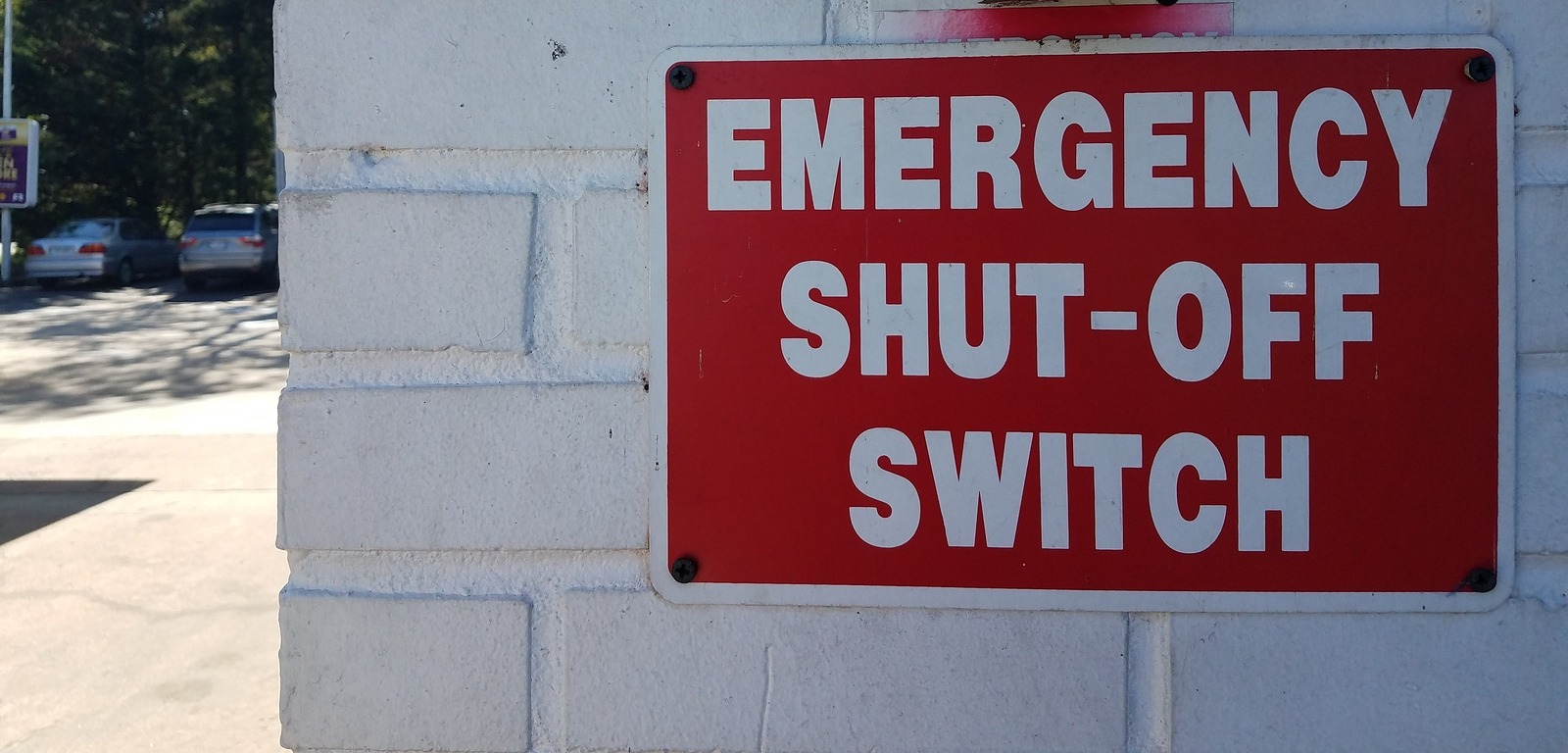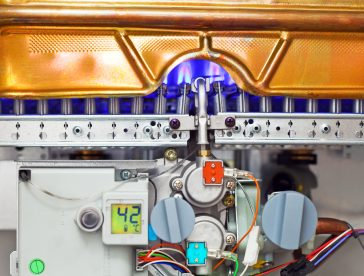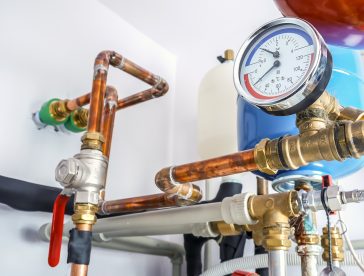
Do You Need an Earthquake or Emergency Shutoff Valve?
In the case of an earthquake, do you know what to do? It’s good to be prepared with the proper supplies and knowledge to get through an emergency.
Be sure you have:
- A reunion plan for all members of the household that doesn’t rely on phones, including who to check-in with where.
- A transistor radio
- Emergency food, water, and batteries enough for the whole house up to a week
- A stocked first aid kit including a first aid manual
- An automatic gas shut-off valve on your home
One often forgotten earthquake safety item is your natural gas lines. During an earthquake, gas lines can be damaged. This can create leaks and expose you to inhalation risks, or even potential for ignition of fumes or explosion.
A manual shut-off valve may already be on your home. The drawbacks on relying on this value are that it does nothing in response to danger. With a manual valve, the flow of gas with only stop when a person with the proper tool is physically there to close it off. Which means that any gas leak will have already become extreme enough to cause alarm, or after an earthquake, someone has to be home and do this immediately.
Automatic Seismic or Excess-Flow Shut Off Valves
An earthquake shut off valve is a simple device installed on your home’s gas meter. There are two options: seismic gas shut off valve and an excess-flow valve. The seismic gas shut off valve monitors any seismic activity, so if a quake that’s larger than 5.1 is detected, it will shut off your natural gas automatically. An excess-flow valve will trigger and restrict gas flow when a significant overpressure or gas leak occurs in your home’s gas line. Once activated, both will shut off flow of gas through your line into your home until a professional has deactivated it.
The seismic shut off valve is good at preventing gas leaks caused by earthquakes. But it can’t detect if those leaks were made. The excess-flow valve responds when there is a serious leak, no matter how it was created. But it might not always detect small leaks.
Unfortunately, these important valves aren’t always installed in new homes, even though they’re a real safety need. Luckily an emergency shut-off valve can be installed any time.


